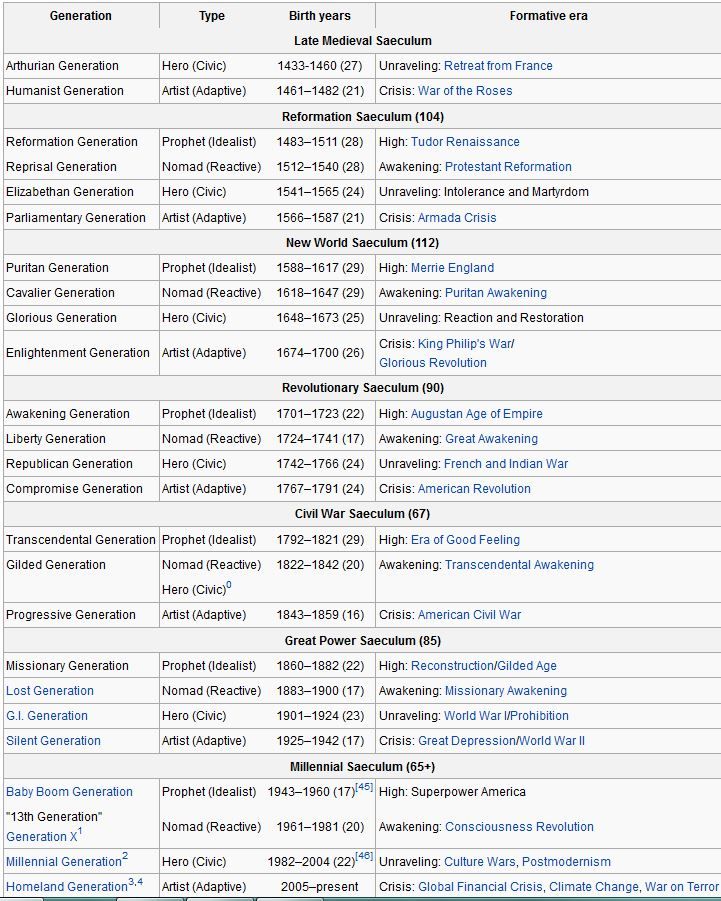The 80 year gap depends on what you class as a major global conflict , most are confined to a region and leave no massive changes in their wake , these are considered to be the really big ones that did but your view depends where you live.
Hundred years war England and France between 1337 and 1453
303 years
French & Indian/Seven Years' War 1756 to 1763
29 years
French Revolutionary/Napoleonic Wars 1792 to 1815
89 years
World War I 1914 to 1918
21 years
World War II 1939 to 1945
5 years
Korean war 1950-1953
61 years
Present day 2014
From the Russian perspective they have already lost influence in the middle east and will probably lose Syria as well , dreadfull losses in WW 1 and even worse in The great patriotic war (ww 2 to us ) not forgetting Napoleans invasion and Afghanistan and losing face in Cuba.
Their people have a desire to regain superpower status that goes far beyond Putins electioneering sabre rattling and genuinely feel they are entitled to at least the Ukraine back as well as some other cold war satellites , I don't think Europe will do very much and the US has shifted to facing down China.
NATO cannot do very much , nukes are not an option for either side and Europe,s energy supply has become tied to Russia , sanctions are ineffective and will harm us as much as them if not more.
Saw some back in India last year , quite shocking as its a very advanced country in many ways and could have been cured for less than a pound.
Hundred years war England and France between 1337 and 1453
303 years
French & Indian/Seven Years' War 1756 to 1763
29 years
French Revolutionary/Napoleonic Wars 1792 to 1815
89 years
World War I 1914 to 1918
21 years
World War II 1939 to 1945
5 years
Korean war 1950-1953
61 years
Present day 2014
From the Russian perspective they have already lost influence in the middle east and will probably lose Syria as well , dreadfull losses in WW 1 and even worse in The great patriotic war (ww 2 to us ) not forgetting Napoleans invasion and Afghanistan and losing face in Cuba.
Their people have a desire to regain superpower status that goes far beyond Putins electioneering sabre rattling and genuinely feel they are entitled to at least the Ukraine back as well as some other cold war satellites , I don't think Europe will do very much and the US has shifted to facing down China.
NATO cannot do very much , nukes are not an option for either side and Europe,s energy supply has become tied to Russia , sanctions are ineffective and will harm us as much as them if not more.
I've never seen a person IRL, who has been disfigured by hereditary Syphillis
Saw some back in India last year , quite shocking as its a very advanced country in many ways and could have been cured for less than a pound.






